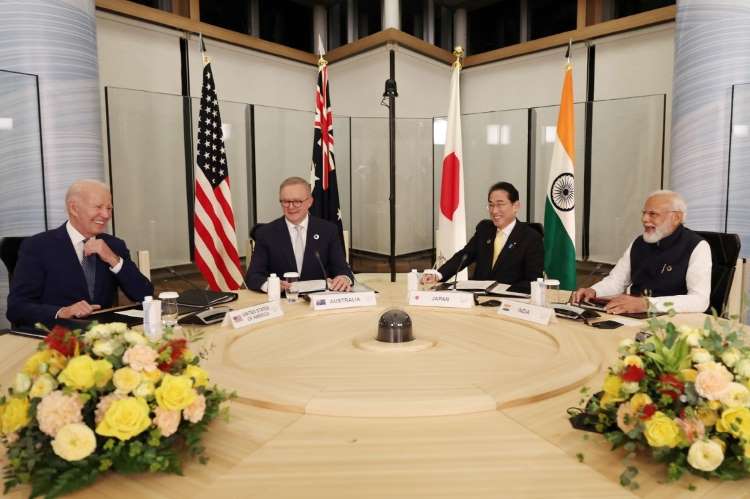
India attended the latest G7 summit as a special invitee, and New Delhi once again walked a tightrope by promising assistance to faltering Ukraine and calling upon all countries to respect the global order. However, it refrained from strongly calling out Russia. It has been over a year since Russia launched a war against Ukraine, but the two countries have not yet reached an agreement. This has greatly impacted the world economy, with developing nations bearing the brunt of it. Prime Minister Modi emphasised this point, highlighting how the less developed and developing world has suffered immensely due to the war.
As India is hosting the G20 meeting in September, its presence at the G7 Summit holds special significance. The Hiroshima summit has given India a platform to amplify its views on global issues. While India is not an official member of the group, which comprises Canada, France, Germany, Italy, Japan, the United Kingdom, the United States, and the European Union, India’s with its more than $3 trillion economy has emerged a major player in international fora. Its GDP is higher than that of four G7 member countries: France, the UK, Italy, and Canada.
READ | Coordinated action by govt departments key to farming success: Bharat Bhushan Tyagi
Prime Minister Modi attended three multilateral summits, including the G7 and the Quad, during his visit to Japan. India’s agenda at the G7 broadly looks to mobilise this powerful bloc to address issues affecting India and other countries, as well as the global challenges. The impact of the Russia-Ukraine war on food security and nuclear non-proliferation issues are of utmost importance to New Delhi.
At the G7 summit, India pushed for the resolution of various issues, including nuclear disarmament, economic resilience, economic security, regional concerns, climate change, energy security, and health. Currently, the world is grappling with challenges such as food, fertiliser, and energy security.
The Prime Minister conveyed three strong messages to the international community, largely in the context of Russian aggression and China’s trespassing on Indian land. PM Modi stated that countries must collectively raise their voices against unilateral attempts to change the status quo. India has previously emphasised the need to maintain the contemporary global order built on the UN Charter and international law while respecting the sovereignty and territorial integrity of states. PM Modi’s remarks at the G7 serve as a reiteration of his earlier stance.
This message was directed at both Russia, regarding its aggression in Ukraine, and China, which has been taking unilateral actions to alter the status quo on the Line of Actual Control with India in eastern Ladakh. The resulting military tensions in the region remain unresolved.
PM Modi also met Ukrainian President Volodymyr Zelenskyy, marking their first in-person meeting since 2021. However, they have spoken four times over the phone since the war began in February 2022. PM Modi assured President Zelenskyy that India would make every possible effort to contribute to the resolution of the situation. His message to Ukraine solidified India as a voice for the global south.
Ukrainian War a threat to global economy
In the existing global order, the wealthiest nations are considered torchbearers of the status quo. However, little effort is being made by them to resolve the ongoing Russia-Ukraine war. This conflict has had catastrophic effects on developing countries, by triggering global crises in fuel, food, and fertilisers. These nations lack the resources to mitigate the crisis and are hoping for a strong voice to resolve the issue and bring about peace before more lives are lost or displaced. Analysts believe that while the richest nations are driving Ukraine’s military response against Russia, their actions do not align with their stated intentions of seeking a peaceful resolution.
Countries like India have long been bystanders when major global issues are decided upon in international forums and are seeking a greater say in matters that directly concern them. As the President of the G20, India has already been advocating for significant reforms within the World Trade Organisation. India’s presence at the G7 was intended to further solidify its voice on the international stage.
Prime Minister Modi highlighted the United Nations’ failure to prevent conflicts and criticised nations that oppose reforms to international institutions, which would better reflect the voices and interests of the developing and less developed world. New Delhi has been advocating for these reforms for at least 25 years, emphasising the need for a more inclusive and representative global order.
